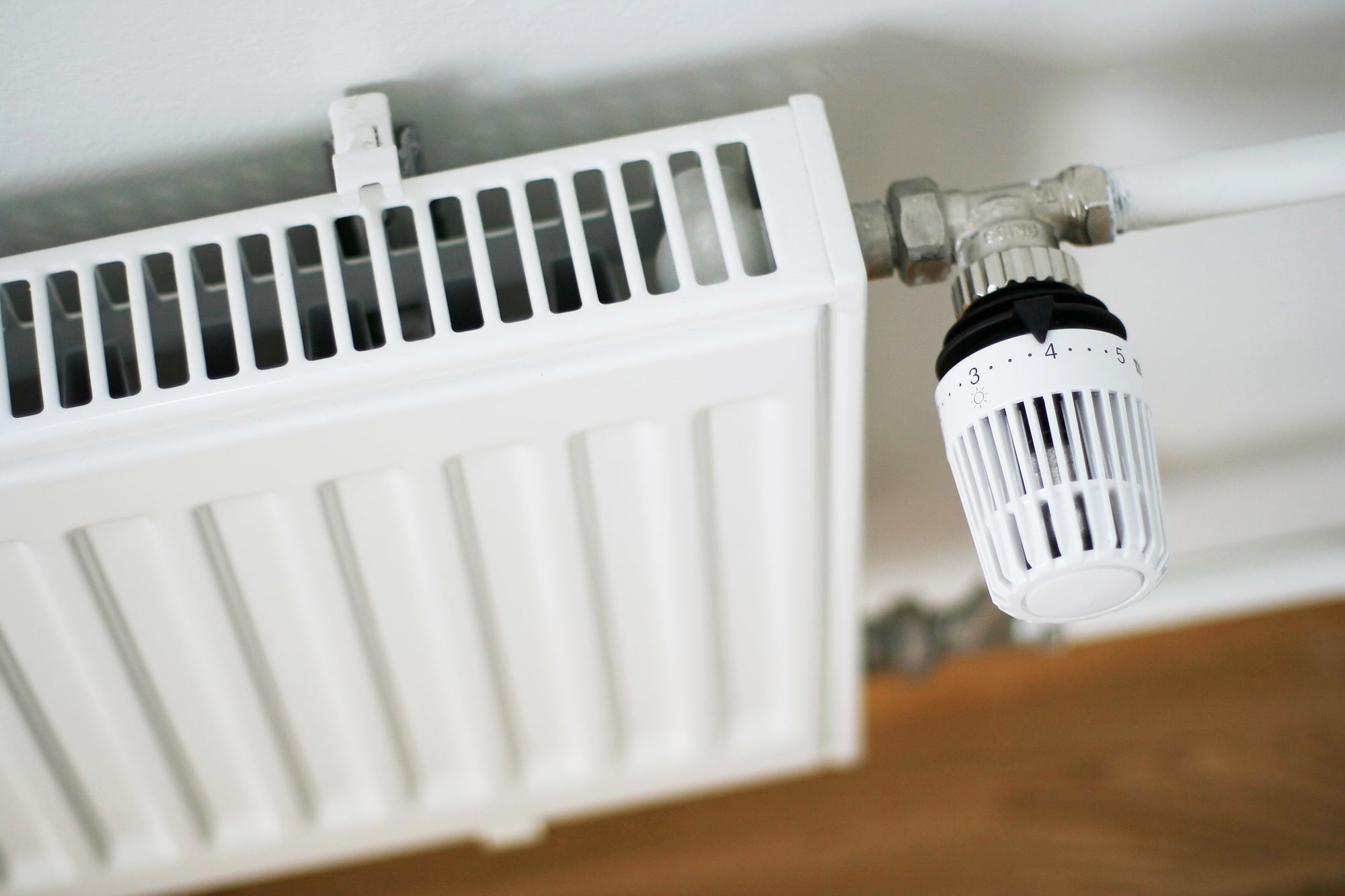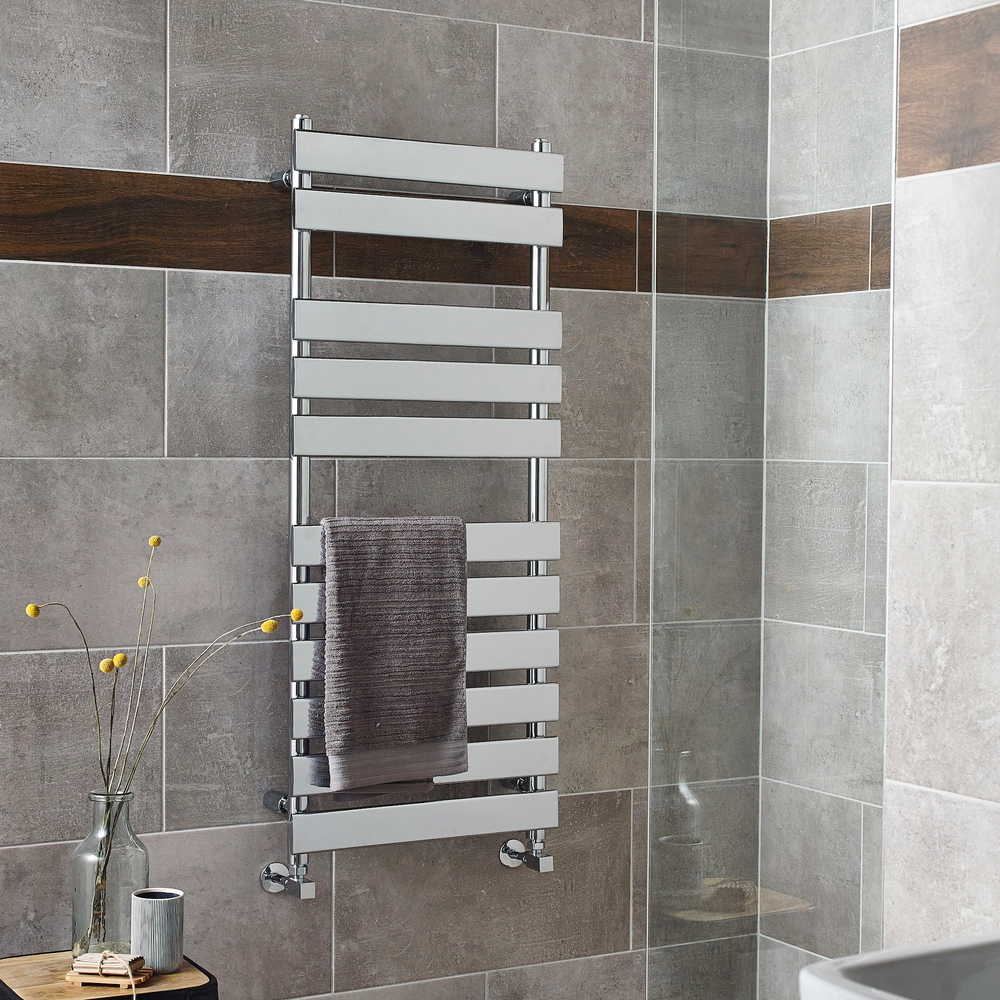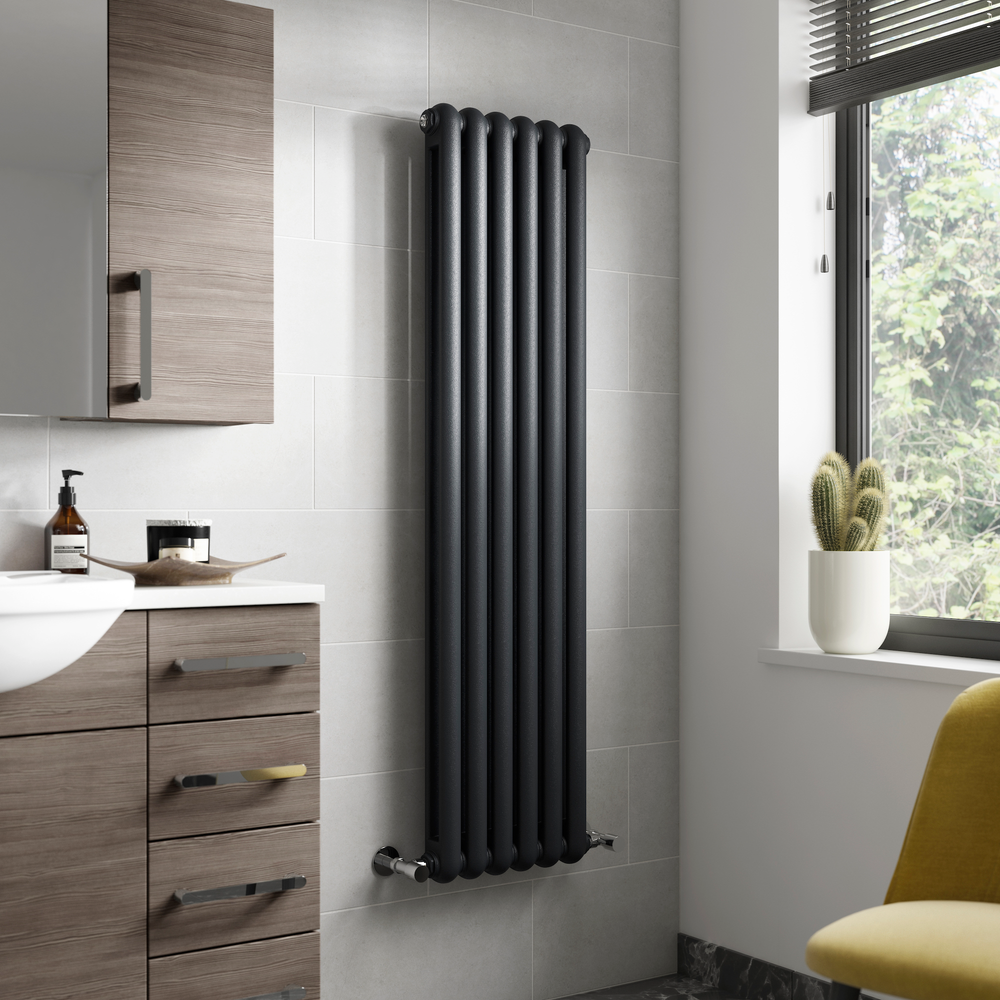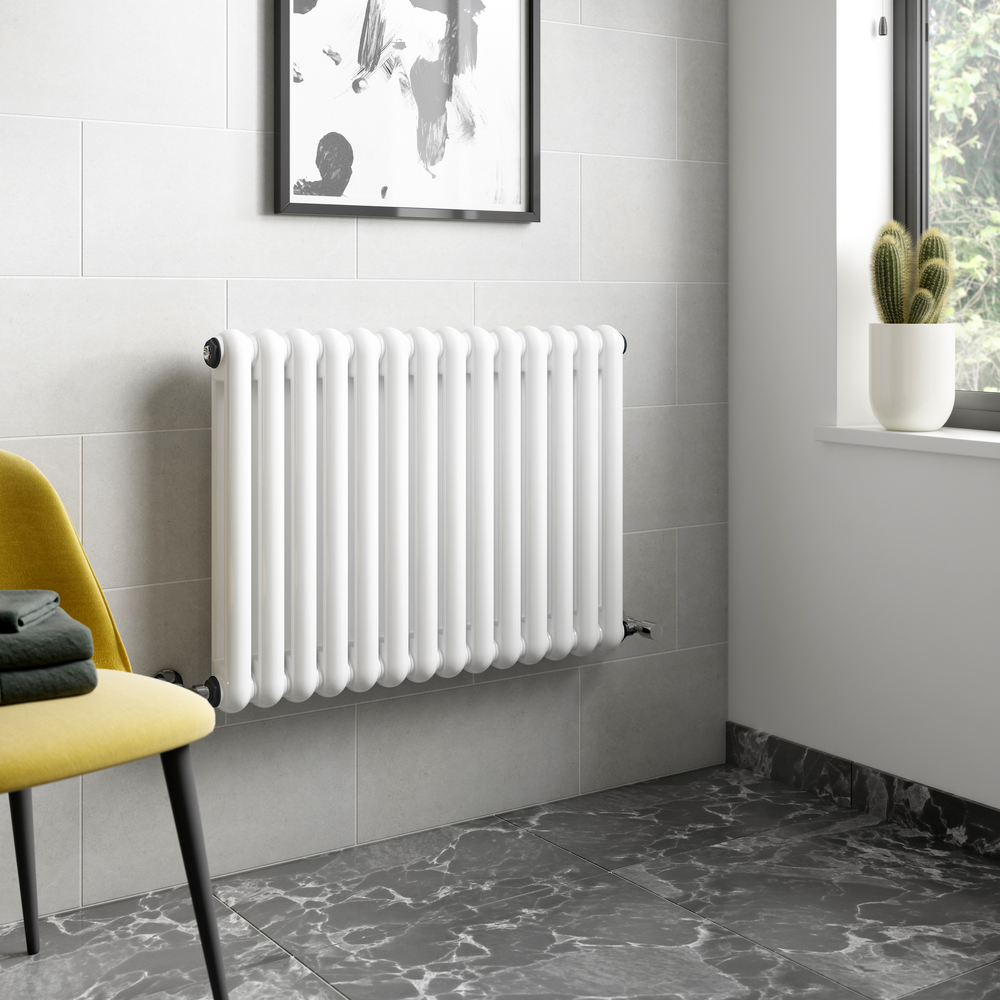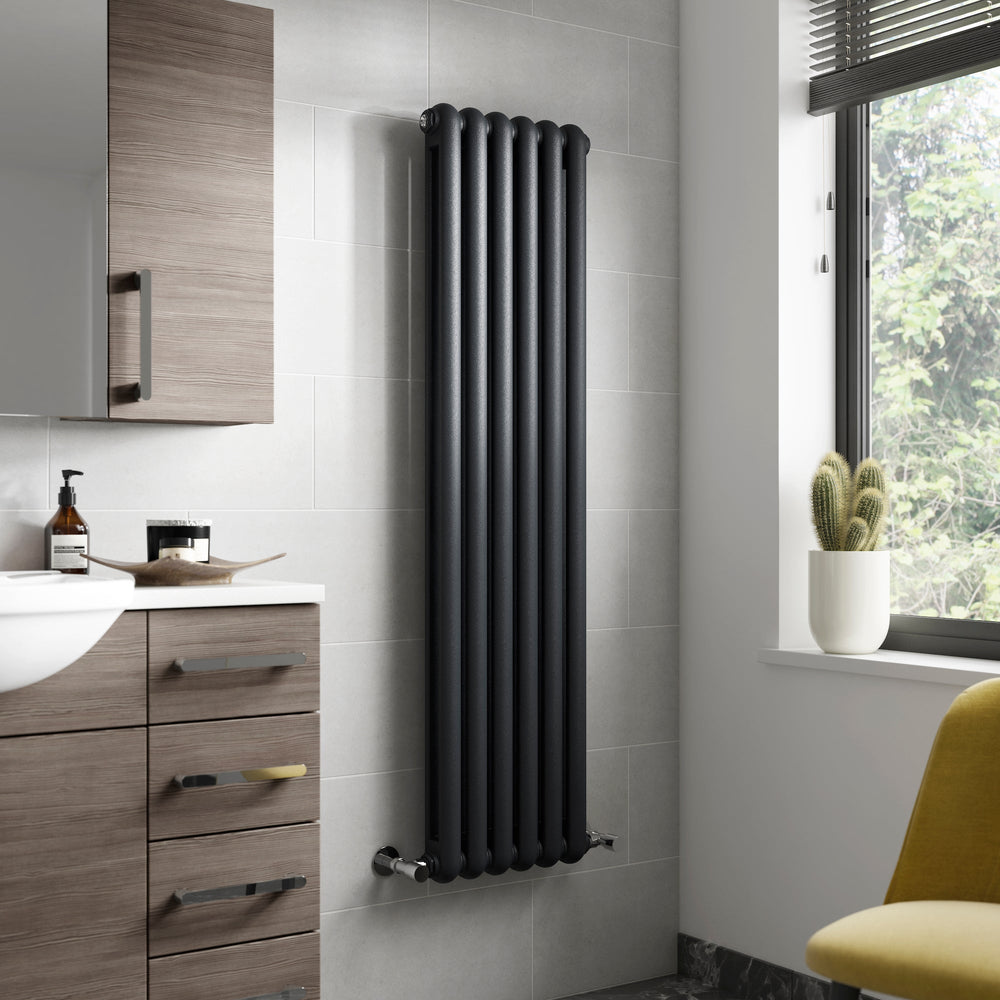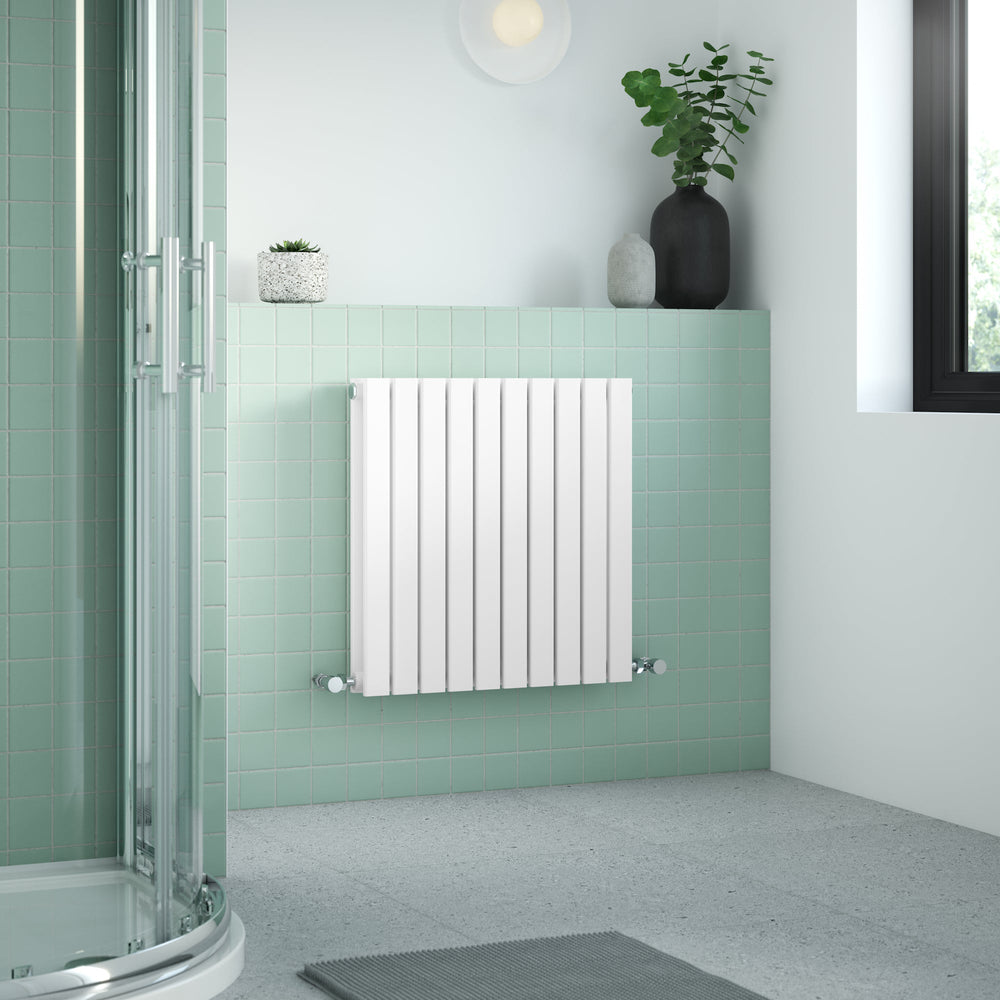Radiator Buying Guide
In the UK, radiators reign as the go-to method for warming up homes. The right pick not only boosts energy efficiency and comfort but also adds a touch of style to your living space. But amidst the sea of radiator choices, nailing down the perfect one can prove to be quite the head-scratcher.
Let's dive into it together and make this a bit simpler for you.
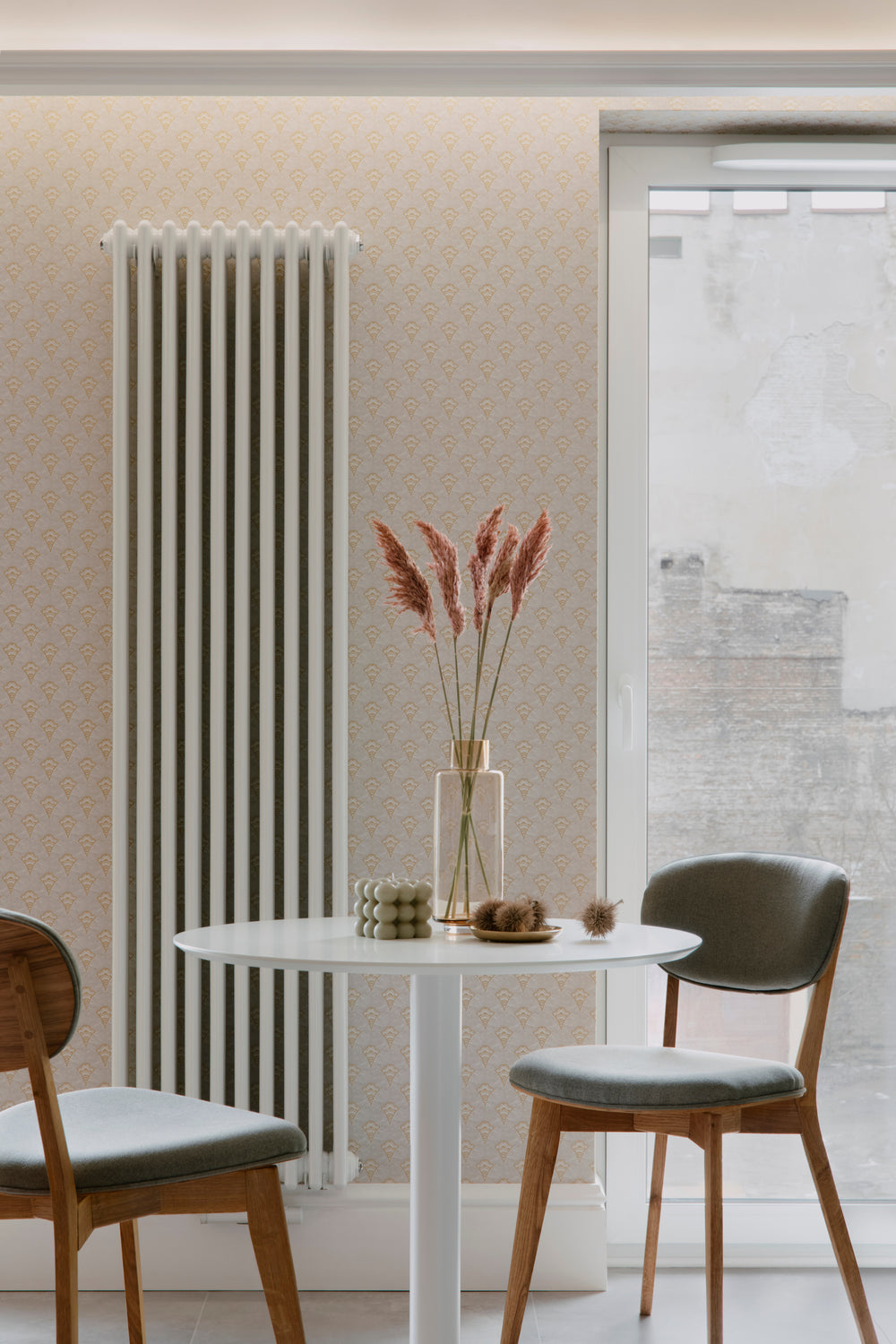
Upgrading Your Home
Why Buy A New Radiator?
If you're contemplating an upgrade to your home's heating system, a new radiator could be a game-changer. Modern radiators have undergone impressive advancements in technology and design, offering improved efficiency, aesthetic appeal, and even space-saving options. Let's explore why investing in a new radiator makes sense:
-
Improved Technology: Modern radiators are much more efficient than older models due to significant technological advancements. This results in better heat distribution, potential energy savings, and space-saving designs ideal for smaller rooms.
-
Enhanced Aesthetics: New radiators, especially designer models, can be a stylish addition to your home decor. They come in various designs, allowing you to make the visual appeal of your living space.
-
Higher Levels of Efficiency: Over time, older radiators may gather dirt, sludge, and corrosion, resulting in decreased heating efficiency and potential maintenance concerns. A new radiator will allow you to start from scratch.
-
Space-Saving Options: Innovative designs have resulted in more creative options, ideal for compact rooms or areas with limited wall space. This enables you to maximize your living space without sacrificing warmth.
Choosing Your Fuel Type
Central Heating Radiators vs Electric Radiators
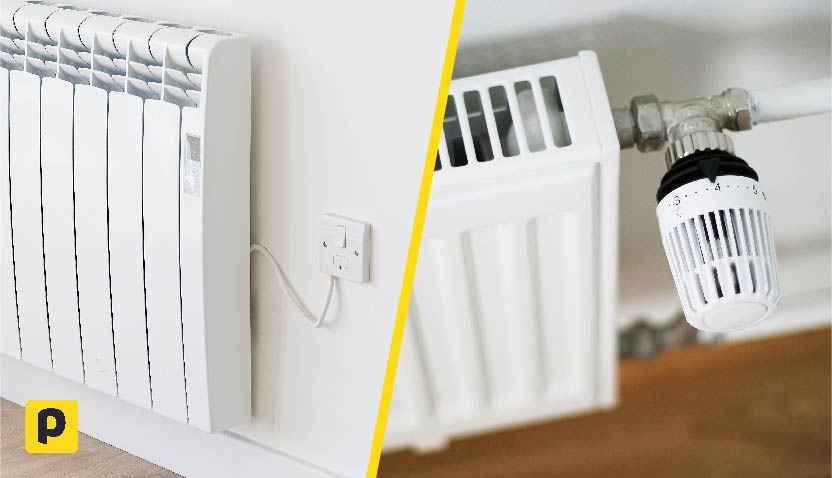
Gas heating has been around for generations and is generally cheaper to run. Modern boilers have made this technology even more efficient, and adding smart technology gives even more benefits in terms of efficiency and costs. However, gas boilers require yearly maintenance checks by a qualified engineer to ensure they're safe and your central heating system also requires regular maintenance to ensure it is running at peak efficiency.
Electric radiators are becoming more popular. One of the biggest advantages is that you don't need to connect radiator pipework, making it cheaper to install. Some systems come with smart controls, allowing you to manage your heating more efficiently. But it's not a perfect solution. The cost of electricity is generally higher than gas, so your bills will likely go up. Also, you need a qualified electrician to install these radiators which can be costly.
Usually the choice comes down to what already exists. If you're replacing a central heating radiator, you'll probably choose another like that. If you're fitting out a new room, you might consider an electric radiator.
Learn more about gas vs electric heatingWhich Radiator Do I Need?
When it comes to choosing the right radiator, whether it's electric or central heating, your starting point should be understanding the BTU requirement to effectively heat your space. Then the function of the radiator. You can use our article linked below to help you understand this more.
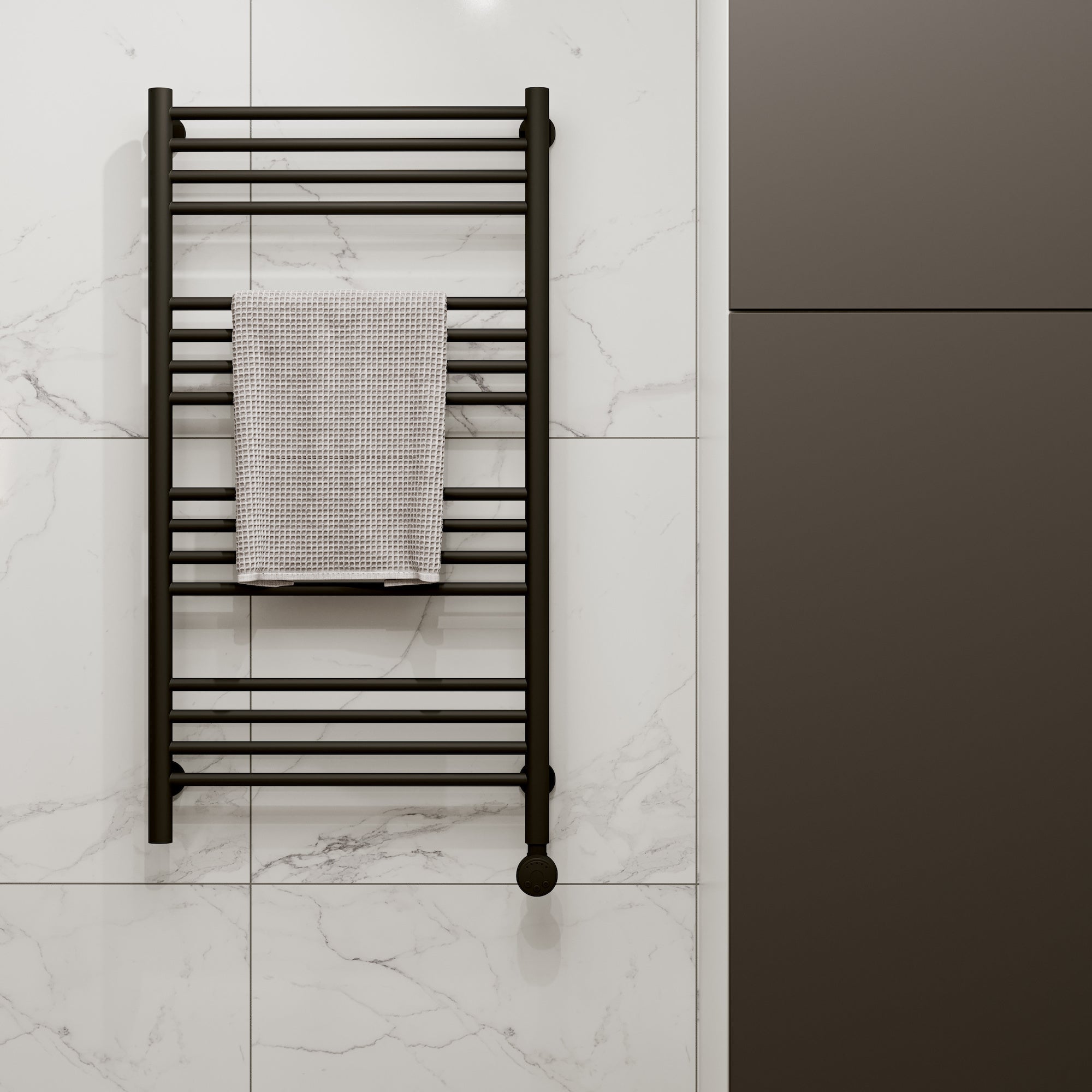
Understanding Heating Systems
How Does A Radiator Work?
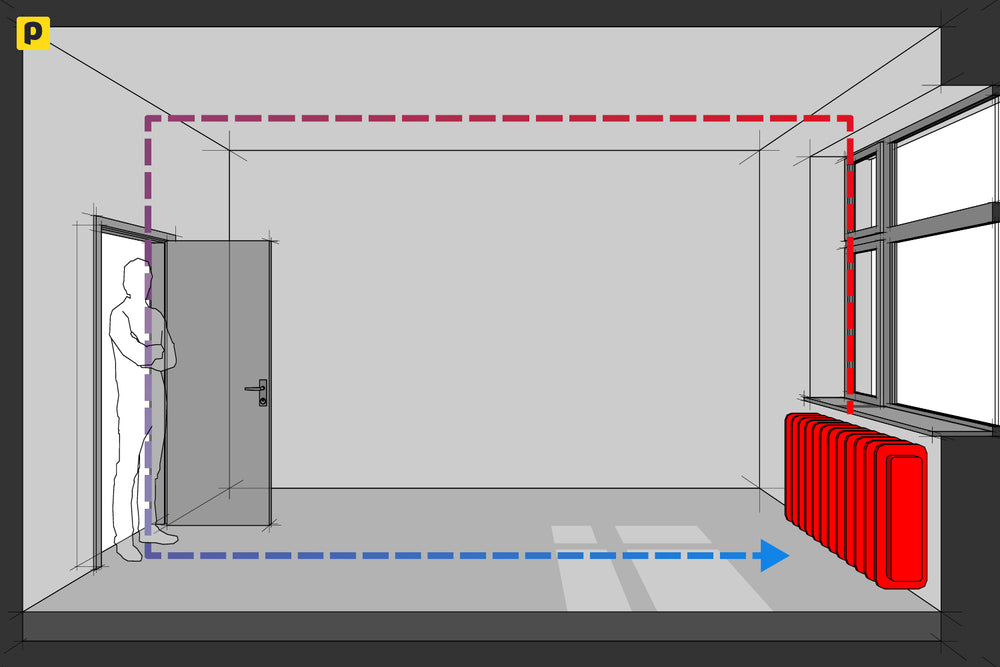
If you have ever wondered how your radiator keeps your room warm, there is more to it than meets the eye. It's connected to your boiler that heats up water. This hot water flows from your boiler to your radiator and the heat is transferred into the air around you.
Many think that radiators "radiates" heat, but actually they work through something called convection. The radiator heats up the air around it, which then rises to be replaced by cooler air, creating a cycle that heats up the room efficiently.
What about the radiator valves on the side of your radiator? They're pretty important. There are two of them: one controls how much hot water comes into the radiator, and the other controls the flow of cooler water back to the boiler to be heated up again. By settings these valves correctly, you can control how warm your room gets and also ensure that hot water is shared effectively throughout your home.
Learn more about how radiators workWhere Should I Put My Radiator?
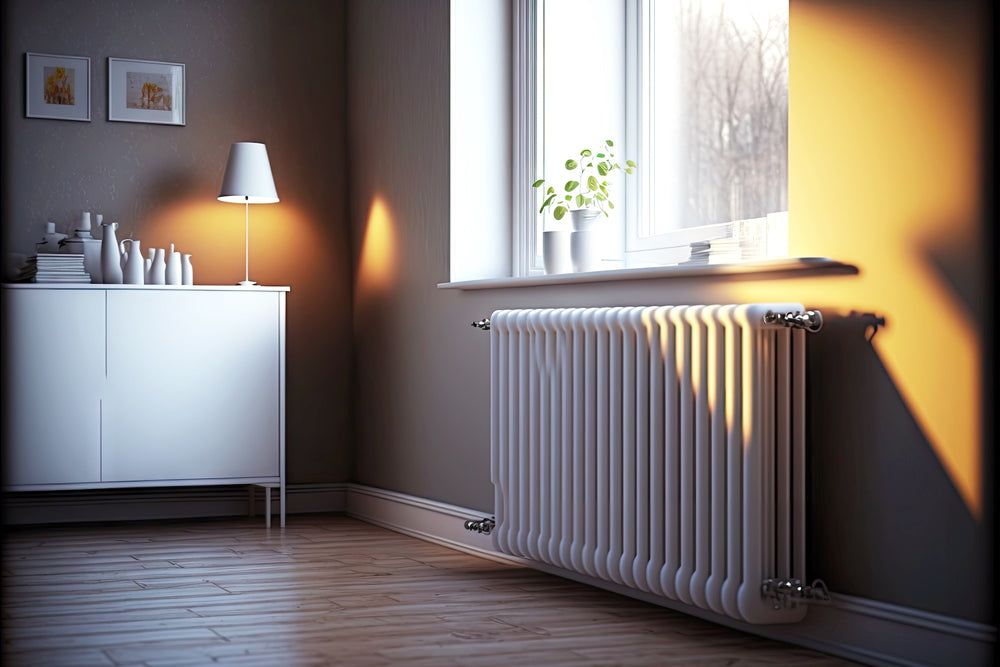
Ever wondered why radiators are generally found under windows? It's not just a quirky design choice; there's both history and science at play. In the past, windows were the coldest spots in a room, letting in drafts. Placing a radiator there helped to warm things up. The hot air from the radiator creates a warm air curtain, countering any cold air sneaking in from the window. Fast forward to today, and the science still holds up, but times have changed, and so have our options.
With better insulation in modern homes, you've got more flexibility for radiator placement. It's not as crucial to stick it under the window anymore, especially if your room is well insulated. This opens up possibilities for making better use of your space. You might even consider a vertical radiator, which takes up less wall space.
But before you go moving radiators around, think about your pipework. If you're replacing a radiator, it's usually cheaper to put the new one where the pipes already are, saving you the cost of a pricier installation.
Learn more about where radiators should be placedAdditional Products
Do I Need Radiator Valves?
If you're purchasing a central heating radiator, you will need radiator valves to go with it. It's important to note that these valves are sold separately. However, we've made it easy for you to find the right fit. For each radiator product listed on our website, we've also listed suitable radiator valves that will work seamlessly with that specific model.
But that's not all. We understand that style and functionality go hand in hand, especially when it comes to the finishing touches like radiator valves. That's why we offer a wide range of valve styles to suit your needs. Whether you've opted for a modern, sleek radiator or something more traditional, you'll find at least one style of radiator valve in our collection that will match your radiator's style perfectly.
Manual Radiator Valves
Manual radiator valves live up to their name by providing a hands-on way to manage your home's heating. The idea is simple: you turn them yourself to control how much hot water goes into the radiator.
Thermostatic Radiator Valves
Thermostatic Radiator Valves (TRVs) are an upgrade in radiator tech, taking care of room temperature for you. Basically, you set your desired temperature using the numbered scale on the TRV, and it adjusts the hot water flow into the radiator based on the room's current temperature.
Choose By Colour
Perhaps you prefer to choose by colour. After all, a radiator can be more than just something in your room; it can be an expression of your personal style. Gone are the days when you were limited to standard white or metallic shades. Today's radiators come in a rainbow of colours. Don't shy away from being bold. Let's find something that suits your decor together.
